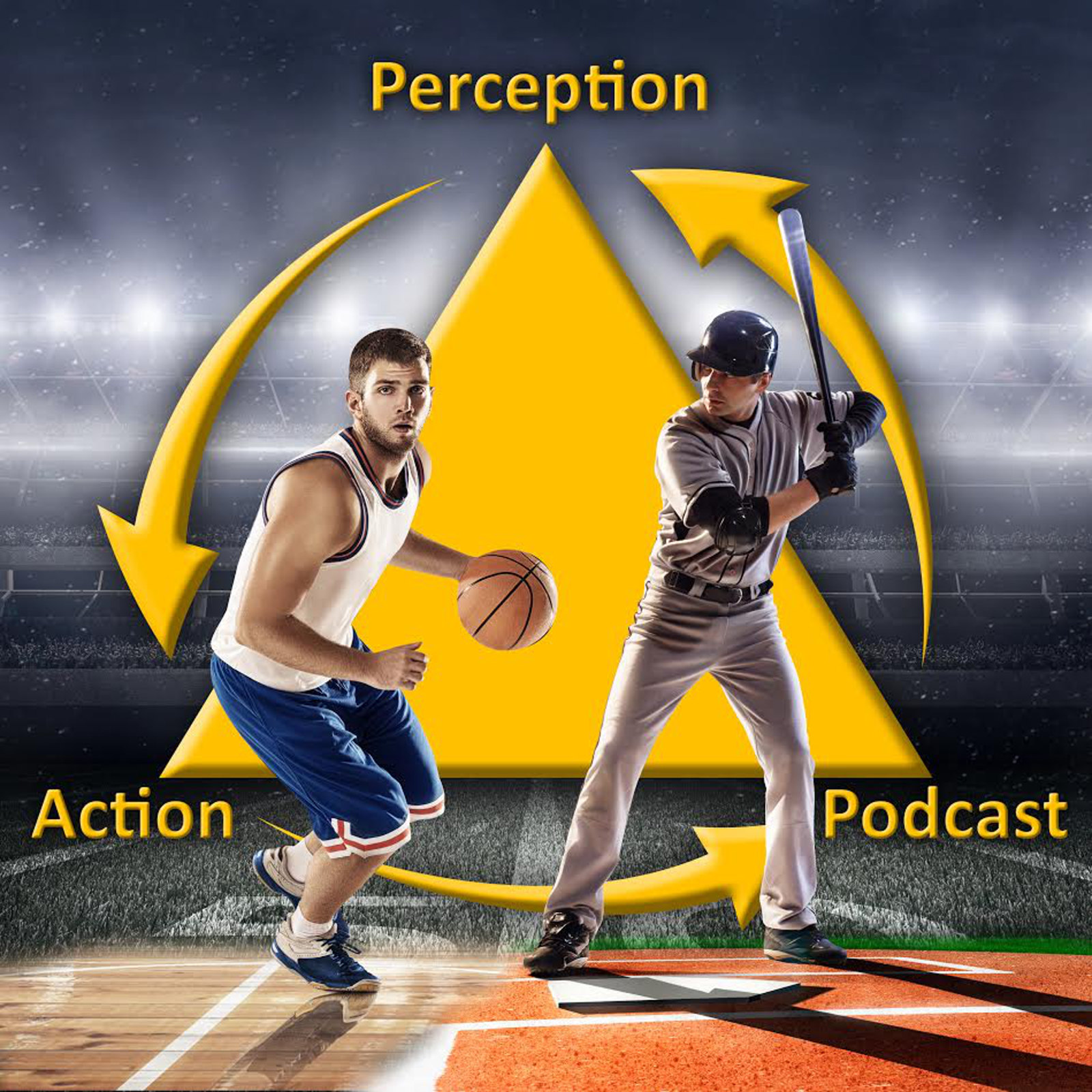The latest in skill acquisition and performance research from perceptonaction.com
-Can perceptual-motor training be used to reduce the chance at athlete will get a knee injury playing sports? In a paper from the recent International Society of Biomechanics in Sport conference, Tidman and colleagues compared two types of training to a control group using a group of Australian Rules football players. The training involved watch 3D videos of approaching players in 1 on 1, 2 on 2 and 3 on 3 scenarios. In the uncoupled training, participants indicated verbally which way they would move to evade. We call this uncoupled because we have broken the link between perceiving and acting. In the coupled training, players executed a sidestep or crosscut maneuver to evade the tacklers in the video. Pre and post training, motion capture was used on the field to assess various factors including total knee activation and maximum rotation. The coupled training led to a significant greatly decrease in one the key factors (the peak knee valgus) as compared to the other groups suggesting that it may be an effective method for reducing injury risk. Keep em’ coupled my friends!
-Are skilled rock climbers better at focusing their attention? Well, I should hope so! But, in a paper just published in Frontiers of Psychology, Garrido-Palomino and colleagues actually studies this question. A group of skilled climbers were asked to self-rate their climbing ability and perform two attention tests. One was essentially a vigilance in which a stimulus (little white dots) appeared on a computer screen infrequently and participants were asked to press a button when the saw it. The second was a choice reaction time test in which they were required to press a button as fast as possible depending the color of an object on the screen. There was a significant positive correlation between self-reported climbing ability and the accuracy in the vigilance attention test, leading the authors to suggest that training on this test might improve climbing ability. Whoa there! As I have said in previous editions of the news, having some perceptual-cognitive relate to skill level does not imply training the test variable will transfer to the sports. For example, maybe the relationship found here was due to confidence which would result in both higher ratings of skill and better attention test performance. Also, there is surface validity issues – why would sustaining your attention on unchanging scene be useful in climbing? As on the rocks, we need to proceed cautiously with these kind of findings.
-Finally today, there is very new interesting book coming soon called Bernstein’s Construction of Movement: Original Text and Commentaries. For those that don’t know, Nikolai Bernstein is one the important thinkers in the area of motor control and motor learning – however, his work is still be translated Russian and discovered by researchers. From the website: While written in 1947, Bernstein’s book is anything but obsolete, making this English translation and accompanying commentaries an invaluable text. The translated original text presents in detail Bernstein’s views on the evolutionary history of biological movement and his multi-level hierarchical scheme of the construction of movements in higher animals, including humans. The followingcommentaries address Bernstein’s personality, the history of the book, and current views on different aspects of neuroscience covered in Bernstein’s text. Ultimately, they present “a book within the book” to showcase how Bernstein’s heritage has developed over the past years. Definitely one I will be picking up!
-That’s the latest from the world of skill acquisition. Find links to the articles I mentioned today on my blog page and learn much more by subscribing to the Perception & Action Podcast at perceptionaction.com. Have a great day and keep ‘em coupled.
To enable the news briefing on your echo:
Go here: https://www.amazon.com/dp/B08CZ8Y2T2
OR
-From the Alexa app on your phone go to settings by pressing the three little lines in the top left
-Go to Skills & Games
-Search (magnifying glass in top right) for “Skill Acquisition News”
-Click Enable to Use
-Say: “Alexa, what’s my Flash Briefing?” (Note, this will play any other news items you added too).
